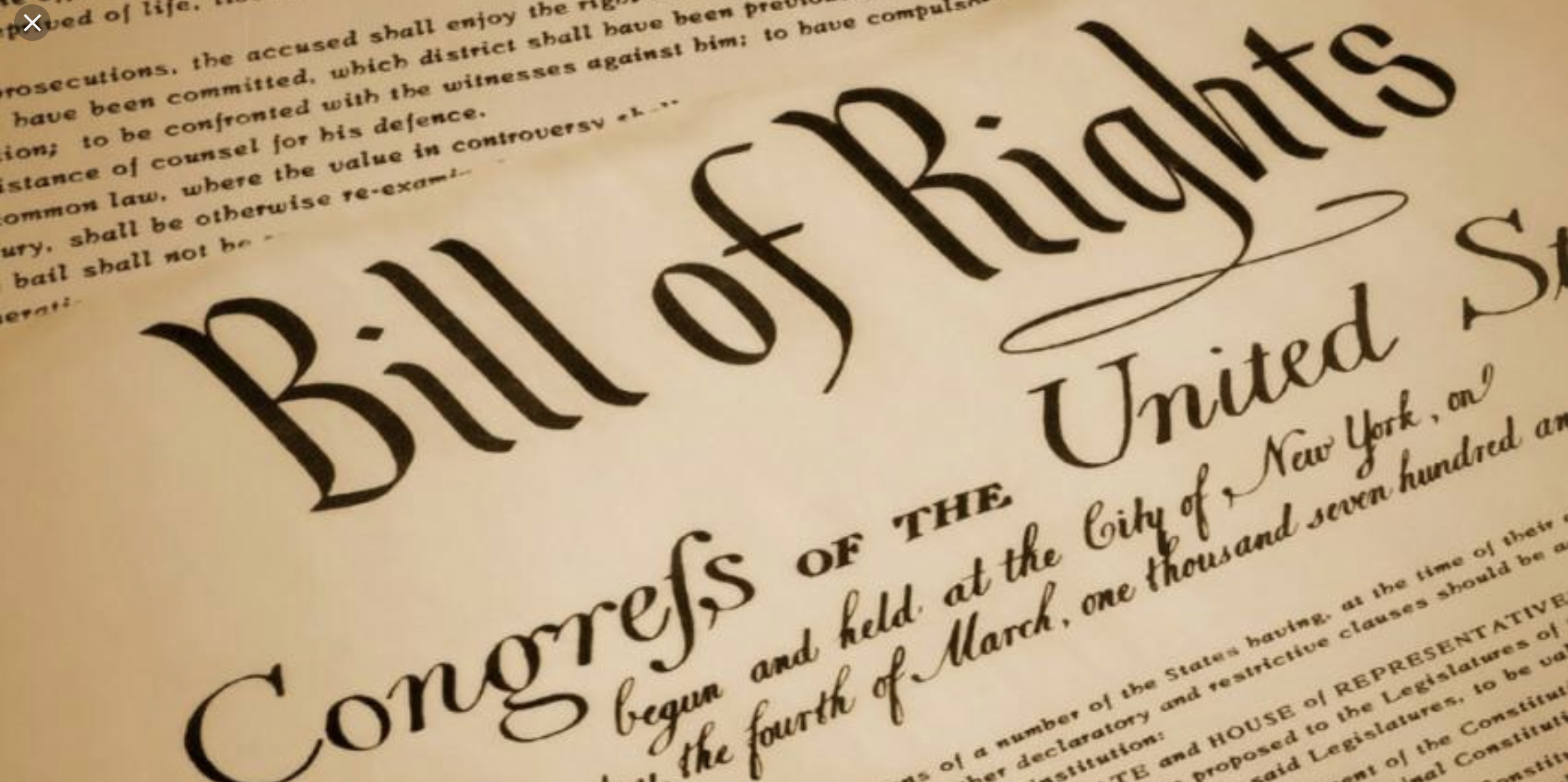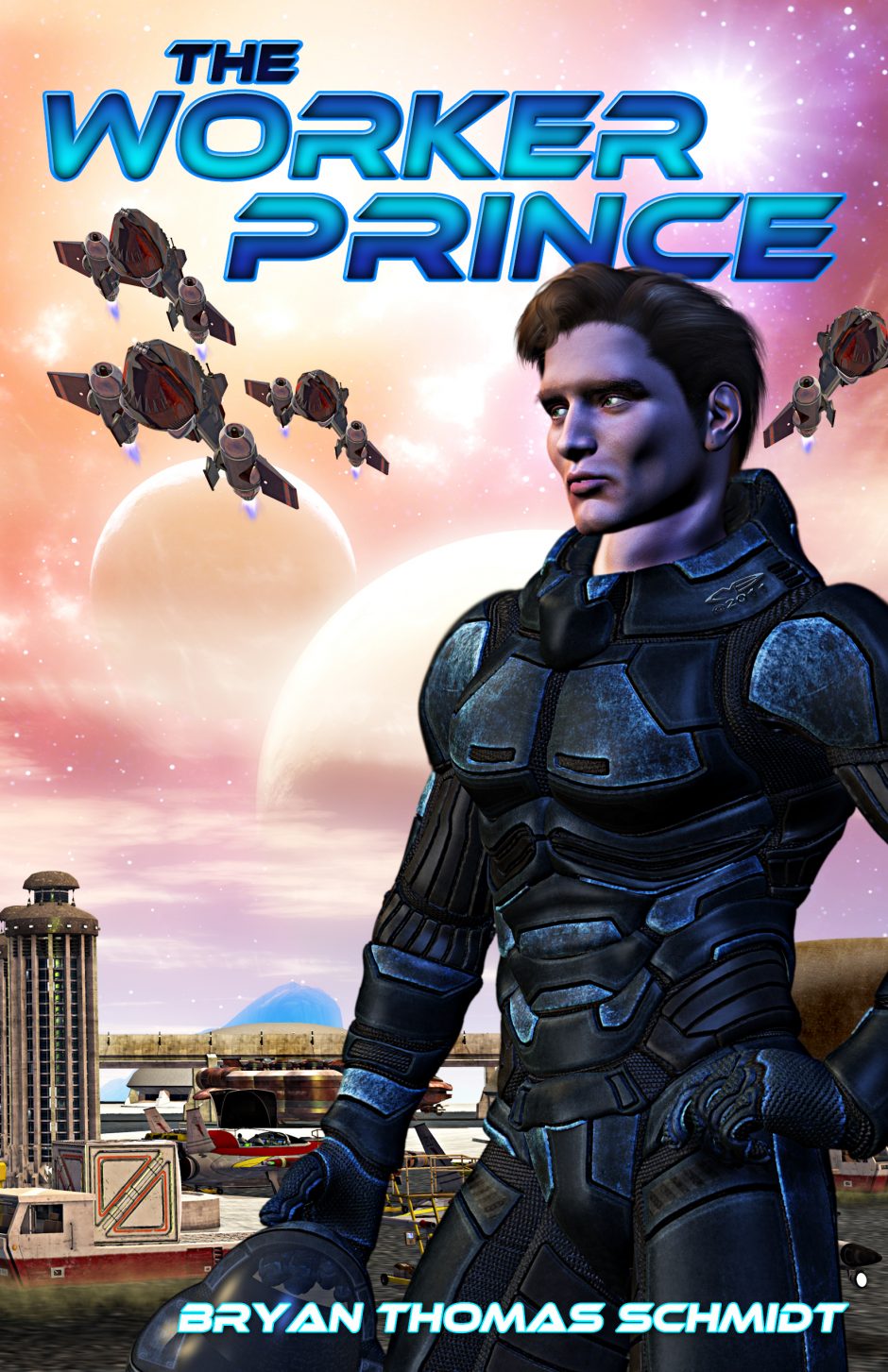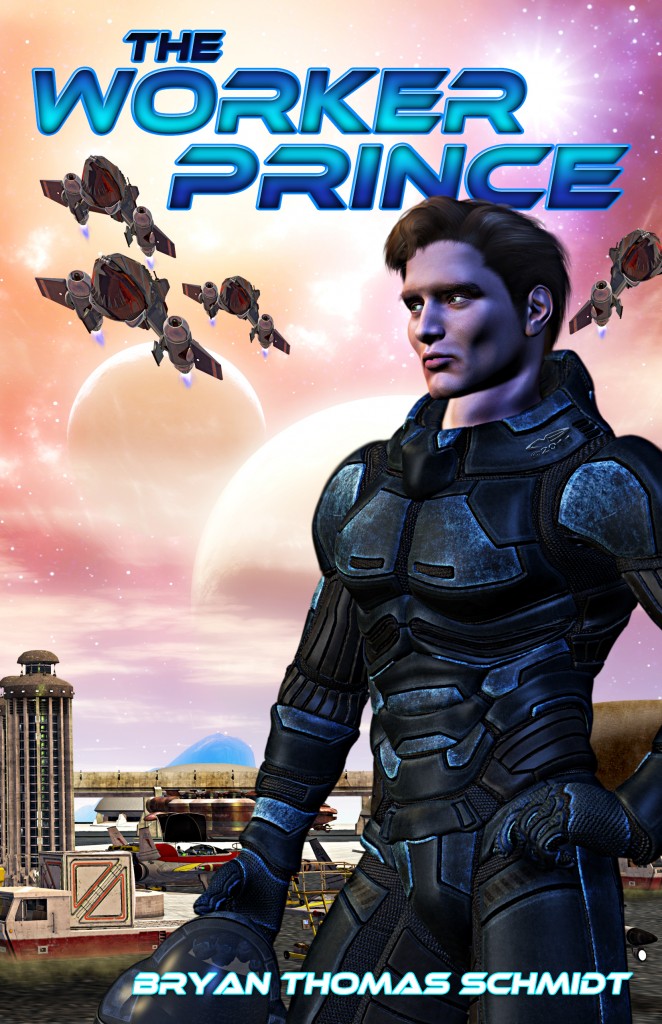 One of our most cherished values, codified in our U.S. Constitution under the Bill of Rights, is freedom of speech. It’s covered in the First Amendment, under the same clause that establishes Freedom of Religion, and reads as follows:
One of our most cherished values, codified in our U.S. Constitution under the Bill of Rights, is freedom of speech. It’s covered in the First Amendment, under the same clause that establishes Freedom of Religion, and reads as follows:
“Congress shall make no law respecting an establishment of religion, or prohibiting the free exercise thereof; or abridging the freedom of speech, or of the press; or the right of the people peaceably to assemble, and to petition the Government for a redress of grievances.”
Freedom of Speech is much bandied about and also established in other important rights documents, such as article 19 of the Universal Declaration of Human Rights (UDHR) and the International Covenant on Civil and Political Rights (ICCPR). For Americans, particularly creatives, it is our most sacred value, one evoked frequently—whenever one’s words might be criticized or objected to—and held close to the heart.
But one of the things people often forget about freedoms is that having a right doesn’t preclude one from the obligation to exercise said right responsibly. And more and more as we see politicians saying outrageous and untruthful things and mass shootings, hate group marches, etc. we are reminded that freedom of speech can have heavy consequences.
During the tragic shootings in El Paso last week, the Mayor of El Paso said something that really irritated me. In a press conference, and later interviews, he claimed that only an outsider could have done “something like this.” No El Paso native would do such a thing. Well, I lived in El Paso, and during that time I dealt with my ex-wife’s mental health crisis, so I was around the mental health and legal system a lot. I saw a lot. And I can tell you: that’s a dangerous promise. It’s creating false expectations that the Mayor may come to regret. I hope not. I hope El Paso and no other place has to face this again, but realistically, there will be other mass shootings. Even if laws are changed. And to claim that locals are not capable of violence or even mental illness on that scale (most mass murderers who have survived long enough to be examined thoroughly have been determined by experts to have antisocial personality disorder in various forms—a mental illness as defined by the American Psychiatric Association and other qualified bodies) is irresponsible and unwise. Sure, it makes him and his public feel better but it also promises something that may not turn out to be true and can certainly never be guaranteed. I certainly found El Paso to be a welcoming place. It s the only city I ever lived in where I, as a while male, was a minority. And I loved it for that. But racism existed there just like anywhere else. From the guy who once complained to me about “the browns taking all the jobs” seconds before I introduced him to my Latina wife (now ex) to people I heard complaining about illegals around me at restaurants, malls, etc., the reality is that not everyone embraces that diversity and this is Texas, a state with some of the most lenient of firearm laws in the U.S. So those people also celebrate their ability to conceal carry or own arsenals while at the same time objecting to browns. It is a recipe for problems, if not disaster, and with politicians using fiery rhetoric to rile up people with such worries, the Mayor would be wise not to appear to guarantee something he simply can’t.
I say all this not to pick on El Paso or its Mayor. I love that city despite the personal crisis I endured there. But I give it as an example of the importance of responsible use of freedom of speech. As with the flaming political rhetoric regularly employed by our current president (quite irresponsibly in many cases) and other politicians (in particular a young freshman senator from New York comes to mind), these kinds of exercise of free speech can have heavy consequences. They can incite people to action and not all of those actions in response will be positive or appropriate. Some may even be deadly. I think it is always important to weigh what we say, how we say it, when we say it, where, and about whom with thought to such consequences.
Even worse was Fox News commentator Tucker Carlson claiming white supremacy in America is a “hoax.” Ridiculous. And we’ve seen plenty of evidence of it from KKK and Neo-Nazi rallies in the past few years to the Michigan cop under investigation for materials found last week in his home. It is an utterly irresponsible thing to say, especially for a journalist with an audience of millions. It seems Fox has rightly sent Carlson on vacation. They oughta make it permanent, but I rather doubt they will.
Let me give you another example. The Twitter mobs. If anyone knows consequences it is the Twitter mob instigators. They employ tactics designed specifically to take advantage of consequences. Call someone a bigot or homophone or etc. and you will evoke a reaction: angry criticism of the target at the very least and sometimes even bigger consequences. People have been fired, had book publications cancelled, etc. It is one of the easiest things in the world to throw out these accusations and be confident they will undermine the credibility of your target. The problem is: they don’t even have to be true and often are not. More often they are exaggerated exploitations of someone’s unclear wording or statements taken out of context. The Twitter mob accusers know this and they don’t care. A friend of mine once asked one such person who had attacked me if they really believed I was all the things they accused me of being. The response was telling: “Who cares. He’s not one of us so anything goes.” For those of us watching the destructiveness that results, this should be unacceptable. Irresponsible exercise of Freedom of Speech at its core. Reprehensible even. An action solely designed to discredit and silence an opponent so the accuser can gain credibility at their expense. Ironically, the accuser can be lying and misrepresenting, but who cares about that?
I think all of us should. Don’t you? You certainly would if you were ever the target as some of these very online bullies have found out when they found their own mobs later turning on them.
When politicians go down to visit sites and report exaggerated claims about the awful conditions or situations they observed to manipulate public opinion and forward their agenda, how is that serving the public? How is that doing their jobs well any more than Twitter mobs slandering good people into silence and harm? Neither one serves to make society better if you ask me. Because the exercise of Freedom of Speech carries with it inherently a moral obligation to use it responsibly. And there’s the rub. All too many don’t fulfill this moral obligation. Argue what you will about different people having different moral standards, etc. The reality is that while we live in a world of grays—one all too many of us wish was more black and white, especially the morally outraged Twitter mobster—there remains a black and whiteness to basic rights and wrongs. Misrepresenting the truth to manipulate others is wrong. So is misrepresenting someone’s words to make them look bad or get them punished. If you poll people—and many have—the majority of the public agrees with this. But until the public starts fighting back against these kinds of abuses of Freedom of Speech, nothing will change. And that means the consequences for all of us will continue: divisiveness, anger, uncertainty about facts and what is fake or real, etc. Until we demand responsible Freedom of Speech from others and practice it ourselves religiously (so to speak), the gray haze of the world in which we live that so often makes people frustrated and unsettled will continue to hang over us.
And that’s why Freedom of Speech is so important. Not just because it gives us th right to say what we want but because it carries with it the consequences of doing so and those consequences should be considered before one opens one mouth. Until they are, Freedom of Speech may be our most cherished principle and right, but it will also be one of our most abused and dangerous ones. (Not that I’d give it up in a million years.)
At least that’s how I see it. For what it’s worth…






